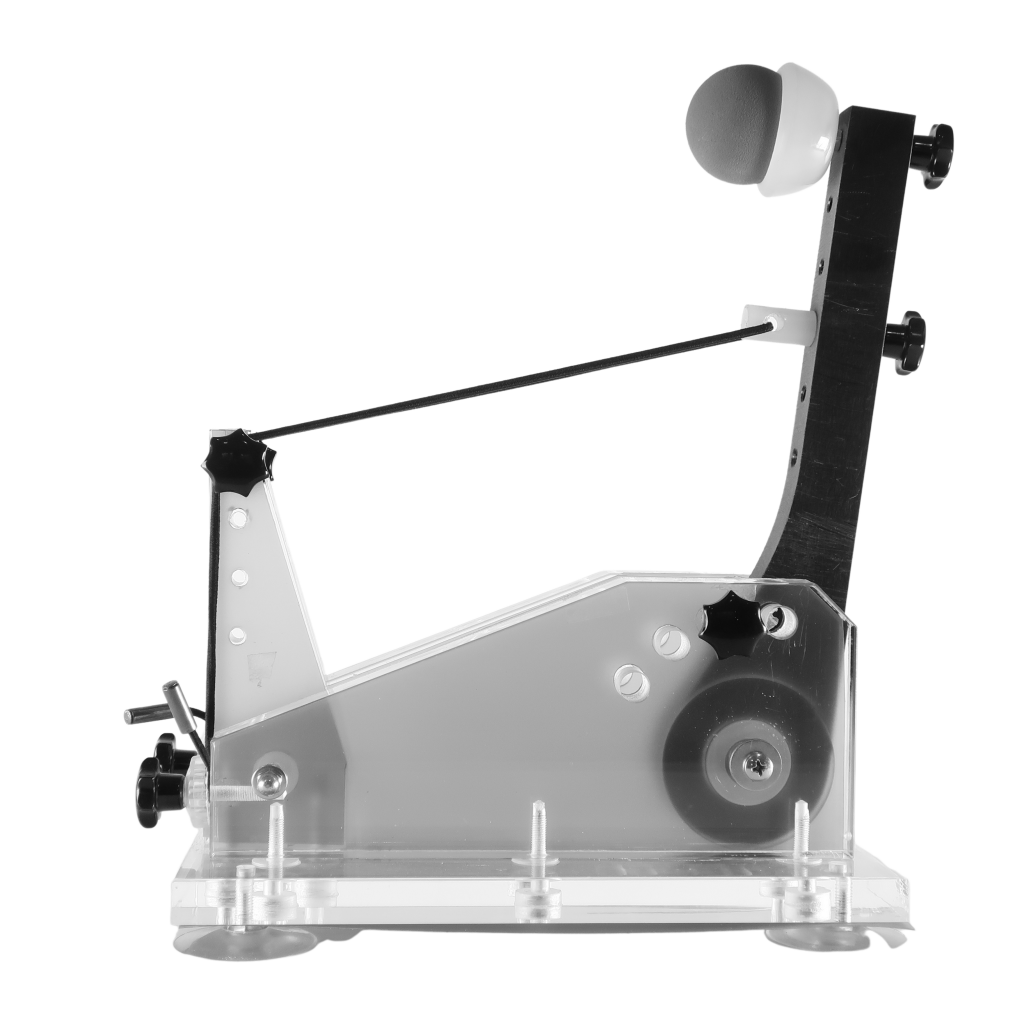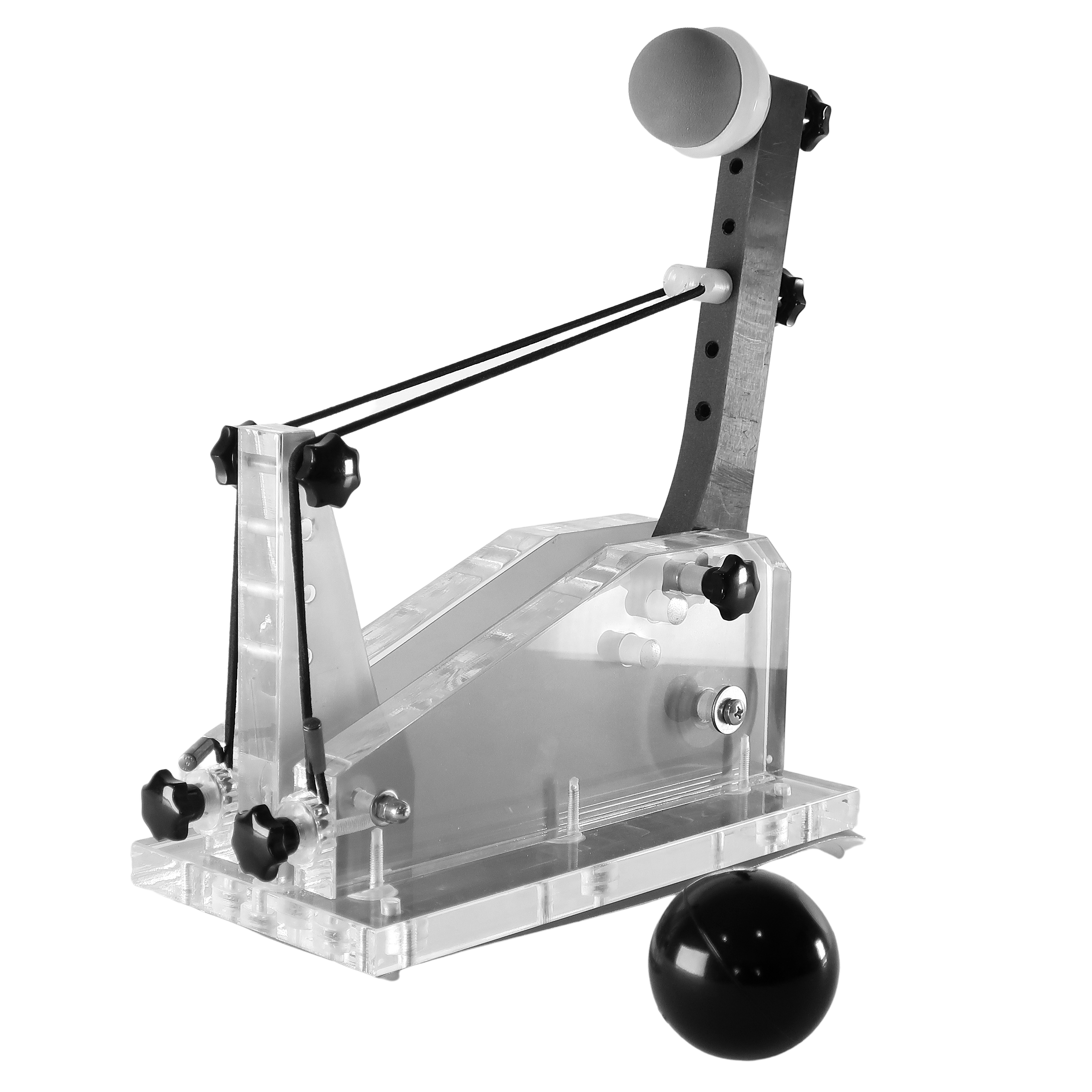WHY WE NEED THIS SIMULATION
Six Sigma Catapult is the game you need to reduce variability and achieve robust processes.
The catapult is a classic exercise to develop variability reduction activities (Lean Six Sigma trainings and workshops). The game aims to optimize the launching of a ball to a predefined distance by adjusting the machine parameters to specific values. To do this, the simulation proposes to follow the DMAIC improvement process until the optimal parameters are defined by means of a design of experiments.
PRICE: 650 EUR + VAT
WHAT ALLOWS US TO TRANSMIT
Robust processes and stable results
Six sigma is a system that uses statistical tools to study process variability, hence the tool's name, as sigma is the standard deviation that gives an idea of the variability in a process. The aim of the methodology is to reduce this variability so that the process is always within the limits set by the customer's requirements. The whole process of variability reduction is characterised by the five stages of the well-known acronym DMAIC.
Detail the project rationale: project charter, process outline, key process parameters, quality-critical characteristics, etc.
Obtaining data on the current state of the process in order to know the phenomenon and the internal variables that generate it: measurement system analysis (MSA), process capacity (Cp, Cpk), etc.
Analysing the data to identify correlations and causal relationships between the effect studied and the parameters that generate it: FMEA, hypothesis testing, multivariate analysis, regression, control plan, etc.
Finally, when the customer and supplier processes are in perfect synchronisation, it is possible to propose improvement activities that allow all operations to be concentrated and unified in a single process, simplifying the management of the entire flow.
Once the process is standard and repetitive, after introducing all the improvements, it is necessary to validate the final stability of the result. For this purpose, a wide range of statistical tools are available: Statistical Process Control (SPC), control charts etc.

Six Sigma for the systematic reduction of variability
METHODOLOGY STEP BY STEP
The development of a phased training is revealing and instructive because it helps to generate knowledge in each of the phases, as participants identify the effects of every change introduced with respect to the previous phase. The Apex Mindset games are structured as follows:
1 Introduction
Definition at the beginning of each phase of the challenge and the scope of the problem faced by the team
2 Training
Explanation of the theoretical contents to be applied to solve the problem posed by the game
3 Application
Development of the game phase, applying the concepts explained in the training
4 Learning
Review of the results and assessment of the contribution of each of the concepts introduced. Moving on to the next phase

1. Introduction
2. Training

3. Application
4. Learning
PRICE: 650 EUR + VAT
The game is key to take your trainings to the next level
The trainer should be an expert in facilitating games and simulations with experience in leading improvement teams.
Game to be played in a large room so that players and observers can share and participate in the experience.
The game is designed to take place in a session of between 2 and 8 hours depending on the content of the training.
All in one box: what you need for the facilitation and development of the game is all included inside the product box.
